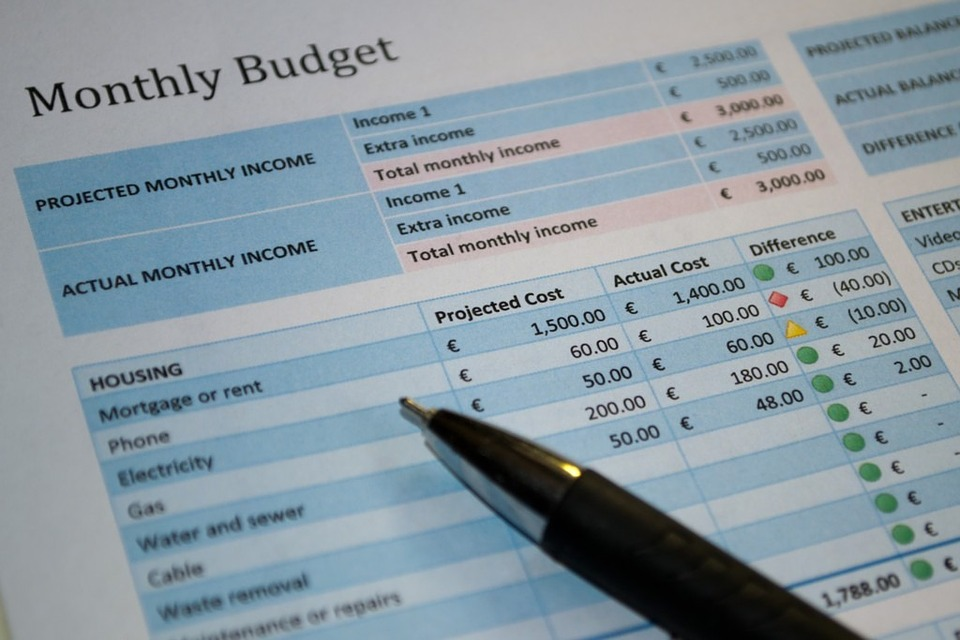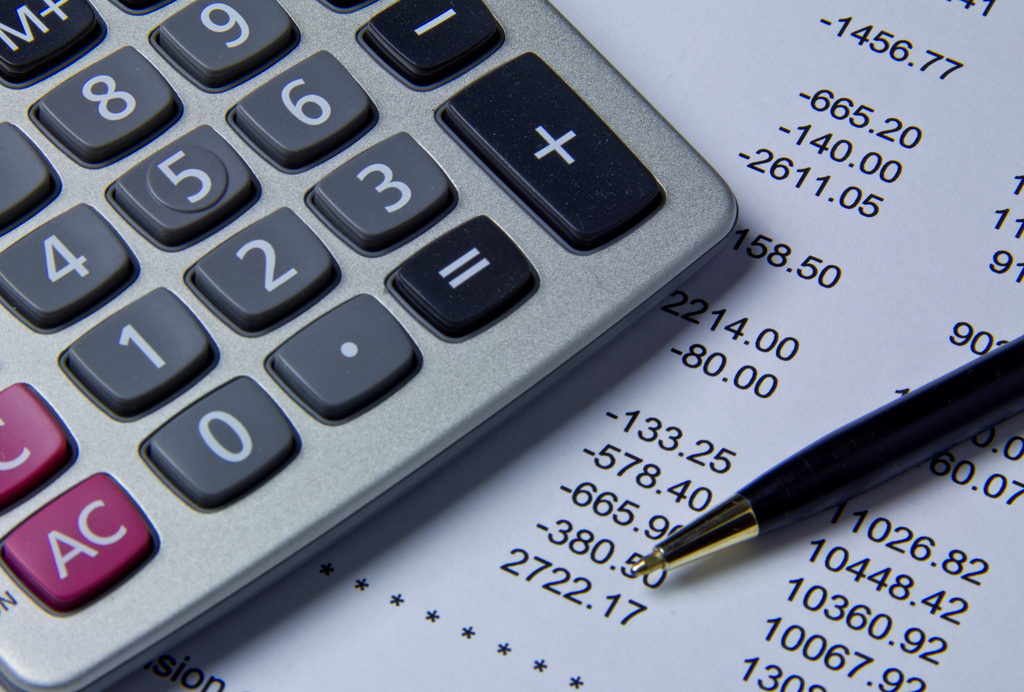Have You Got A Firm Enough Grip On Your Finances?
Are you one of those people who checks their bank balance on a daily basis and draws up a budget at the start of every month without fail? Or do you shy away from opening bank statements and hope for the best when you put your card in the ATM and ask to take out money? If the latter sounds more familiar, it may be time to tighten your grip on your finances. Most of us don’t want to spend all our time thinking about money, but it’s so beneficial to have an accurate idea of what’s going on with your finances. If you’d like to be more organised, here are some simple tips.
Budget, budget, budget
You may think that there’s no point in wasting half an hour writing down numbers and doing sums every month, but budgeting is a really useful tool, especially if you tend to lose track of what you’ve spent and you end up falling short at the end of the mouth. Budgeting doesn’t take long, and it’ll show you exactly what’s going out of your account in the month ahead, and how much you have to spend once you’ve covered bills, rent or mortgage payments and any other outgoings. If you’re new to budgeting, you can use newfangled apps and programmes or stick to traditional pen and paper or a simple spreadsheet. Make sure you include every payment you make on a monthly basis, as well as any extra outgoings you expect to incur in the month ahead. You may need to reduce spending if you’ve got birthday presents to pay for, or you’re putting down a deposit on a holiday, for example. Update your budget as you go to make sure that it’s accurate all the time.
Image from https://pixabay.com/en/accounting-bill-billing-finance-57284/
Know your rights
When it comes to money, it’s always beneficial to look to the future. If you can plan ahead, there’s a much lower risk of running into complications if your financial or your personal circumstances change. It’s important to know your rights when it comes to buying a house, cohabiting or accessing joint funds. It may not be the most romantic aspect of a relationship, but do you know what you would be entitled to if you split up with your partner? If you’re married, you would have a legal entitlement to shared assets. However, if you’re living with a partner, but you’re not married, you wouldn’t have the same rights, even if you’ve been paying the mortgage or you’ve been contributing to living costs. If you are living with your other half, it is possible to take steps to protect yourself. You can click here to find out more about cohabitation agreements. Most couples don’t want to think about breaking up, especially if they’ve just moved in together, but it’s a good idea to have that safety net in place, just in case things don’t work out.
Image credit https://www.flickr.com/photos/143601516@N03/27905720280
Disaster-proof your future
Have you ever thought about what would happen if you lost your job or you became ill and had to give up work? Could you cope financially if your partner wasn’t able to work or you had to fork out unexpectedly for home or car repairs? None of us wants to dwell on the possibility that life may not always be so rosy, but it’s useful to try and disaster-proof your future as much as possible. Save when you don’t need to spend, and make sure you’ve got suitable insurance policies. If you’ve got children, for example, it’s hugely beneficial to consider taking out life insurance. If anything does happen to you, this will give you peace of mind that your family will be protected financially.
Image source: https://pixabay.com/en/insurance-life-insurance-heart-451282/
Manage your accounts
As well as budgeting, it’s wise to keep a close eye on your accounts, especially if you have a current account, savings accounts, and credit or store cards. If you take your eye off the ball, things can change, and your financial situation may not be as stable as you think. Open the statements, check the bills, pay attention to interest fees and charges, and try and be as organised as possible. If you are paying interest on credit cards, consider switching to a bank that offers you 0% on balance transfers.
Image by https://www.flickr.com/photos/teegardin/5912231439
Be honest. When was the last time you checked your balance or took a look at how much you’ve got in your savings account or what you owe on your credit cards? If it’s been a while, it’s time to take a firmer grip on your finances and start managing your money more effectively.




